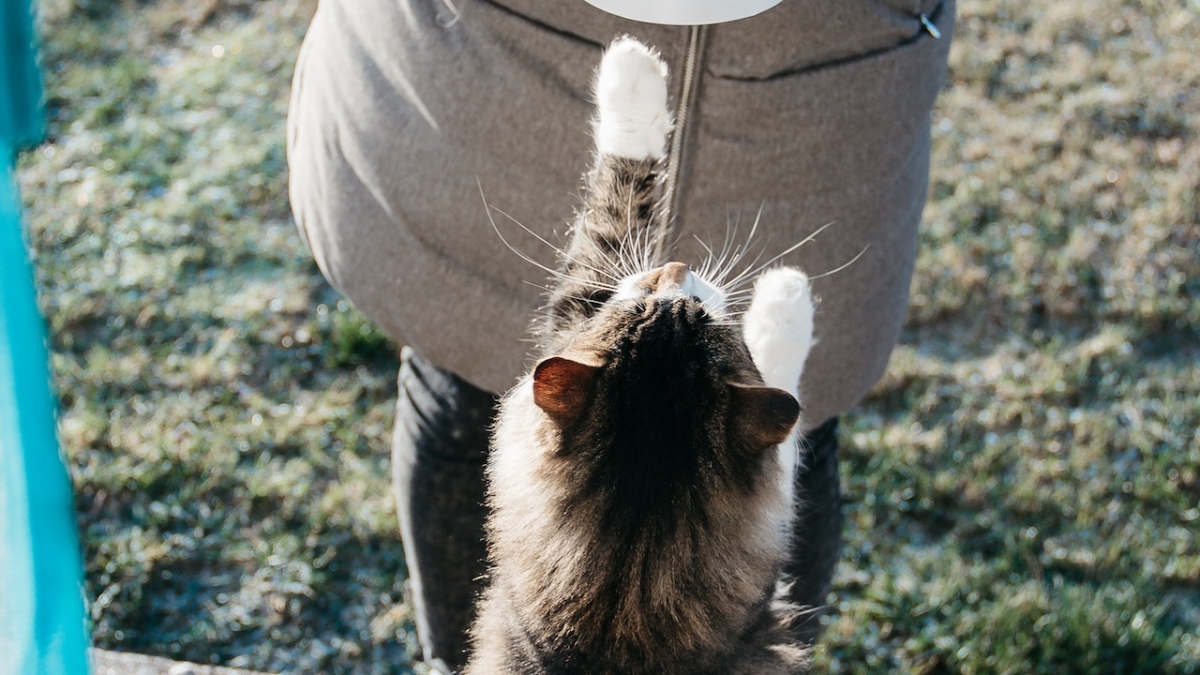As responsible cat owners, we must prioritize the well-being of our beloved feline companions. It is crucial to understand the types of food and items that can pose serious risks to their health. Cats, being naturally curious creatures, can unintentionally consume substances that are harmful or even life-threatening. In this article, we will explore the ten harmful items that should never be included in a cat’s diet. By becoming familiar with these dangers, we can take proactive measures to ensure our cats remain safe and healthy.
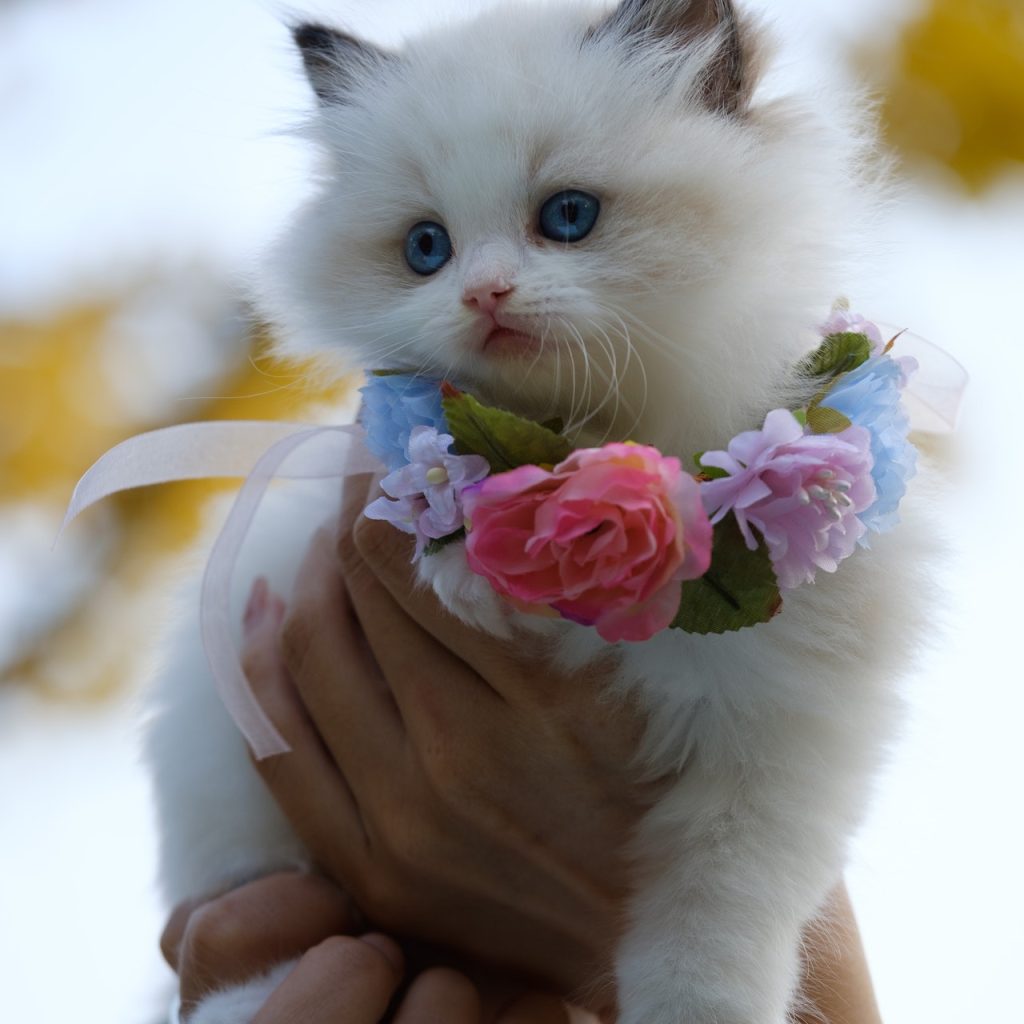
Chocolate
Cats should absolutely avoid chocolate due to its significant danger. Theobromine, a compound present in chocolate, can have severe consequences such as vomiting, diarrhea, and even seizures for our feline companions. It is crucial to securely store all chocolate products out of your cat’s reach. Even a small ingestion can result in serious health issues. By remaining vigilant and taking necessary precautions, you can effectively safeguard your cat from the harmful effects of chocolate.

Onions and Garlic
Onions and garlic pose a substantial risk to cats as they contain compounds that can harm a cat’s red blood cells, potentially leading to anemia. Cats may display symptoms such as weakness, vomiting, and loss of appetite. To ensure your cat’s safety, it is essential to keep dishes containing onions or garlic far from their reach. Additionally, carefully checking ingredient labels of cat food and treats for any traces of onions or garlic is crucial. By implementing these precautionary measures, you can effectively shield your cat from the harmful consequences associated with these ingredients.
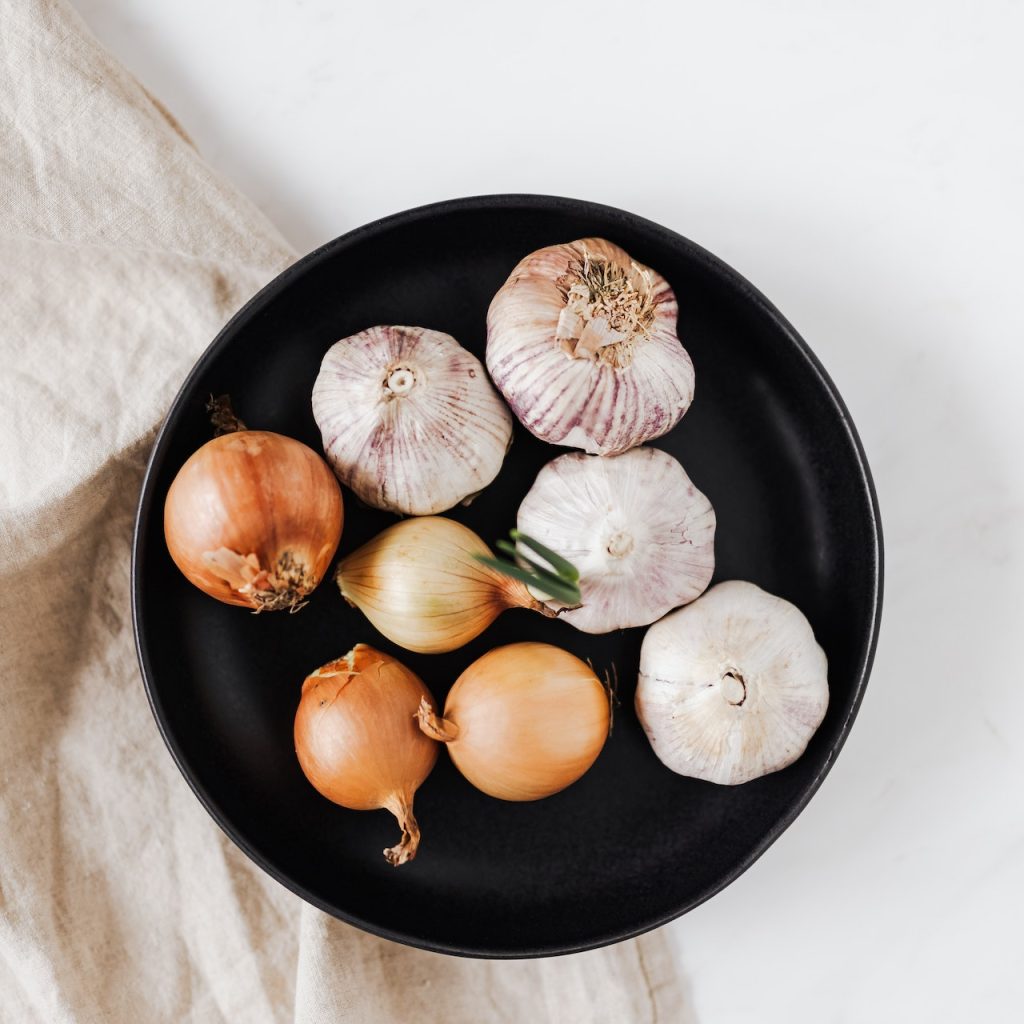
Grapes and Raisins
Grapes and raisins can be extremely toxic to cats, possibly resulting in kidney failure. Even consuming a small amount of these fruits can trigger symptoms like vomiting, diarrhea, and increased thirst. To prevent accidental ingestion, it is imperative to keep grapes, raisins, and any food containing them well out of your cat’s reach. This precautionary step will help safeguard your cat from the harmful effects of these toxic substances.
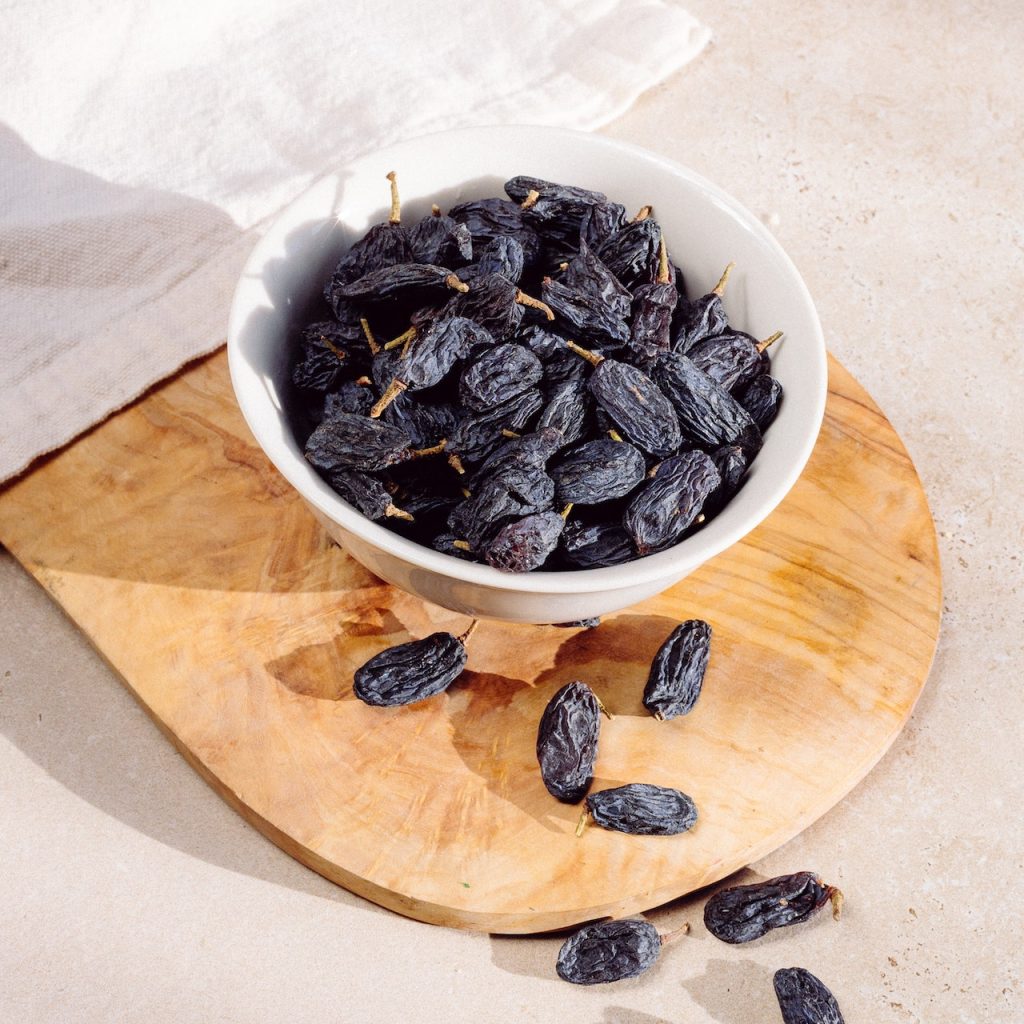
Caffeine
Cats should never consume products containing caffeine, such as coffee, tea, energy drinks, or chocolate. Caffeine can have adverse effects on a cat’s central nervous system and heart, leading to restlessness, rapid breathing, and heart palpitations. To prioritize your cat’s well-being, it is vital to completely restrict their access to any caffeinated substances.
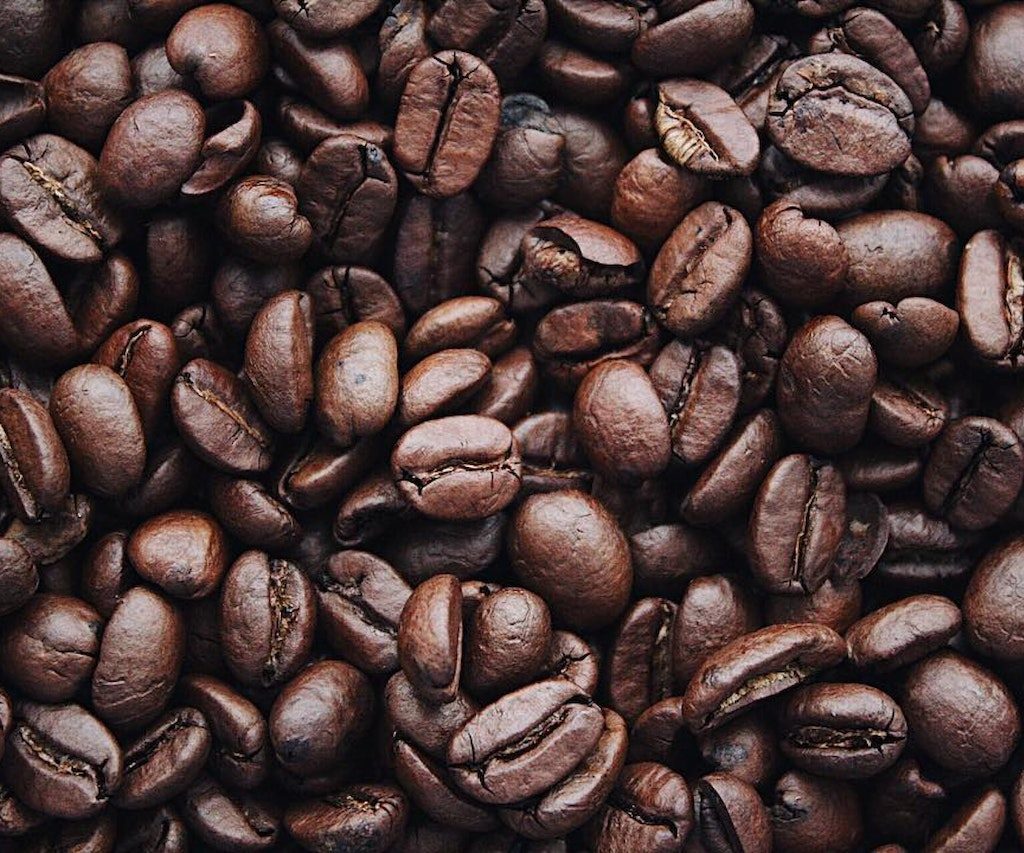
Alcohol
Alcohol is an absolute no-no for cats, even in small quantities. Ingesting alcohol can result in intoxication, causing symptoms such as vomiting, disorientation, and potentially seizures or coma. Ensuring that alcoholic beverages are always inaccessible to your cat is essential to prevent any adverse reactions.
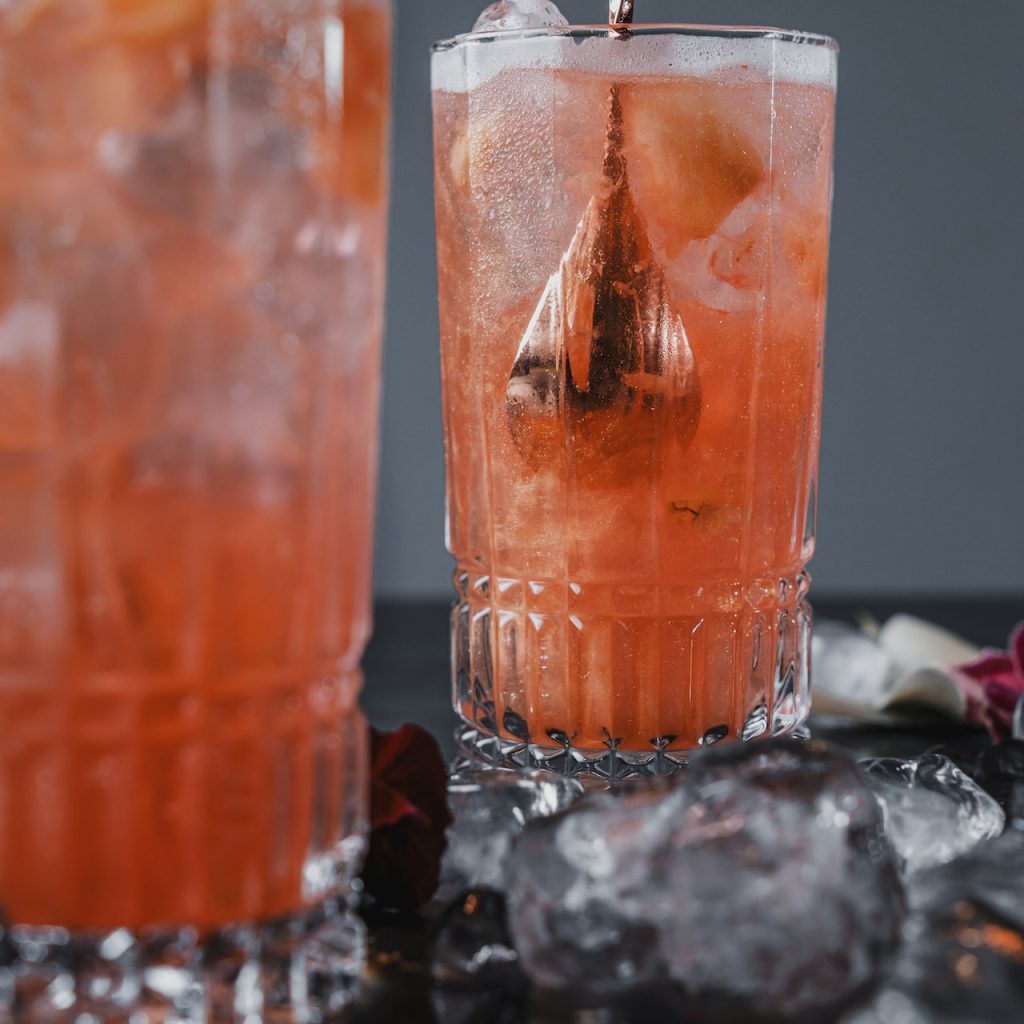
Xylitol
Xylitol, a common sugar substitute found in gum, candy, baked goods, and even some peanut butter, is highly toxic to cats. Ingesting xylitol can lead to a sudden release of insulin, resulting in dangerously low blood sugar levels. To keep your cat safe, securely store all products containing xylitol, ensuring they are out of your cat’s reach. Be particularly cautious with items like sugar-free gum and certain peanut butter brands, as they may contain xylitol.
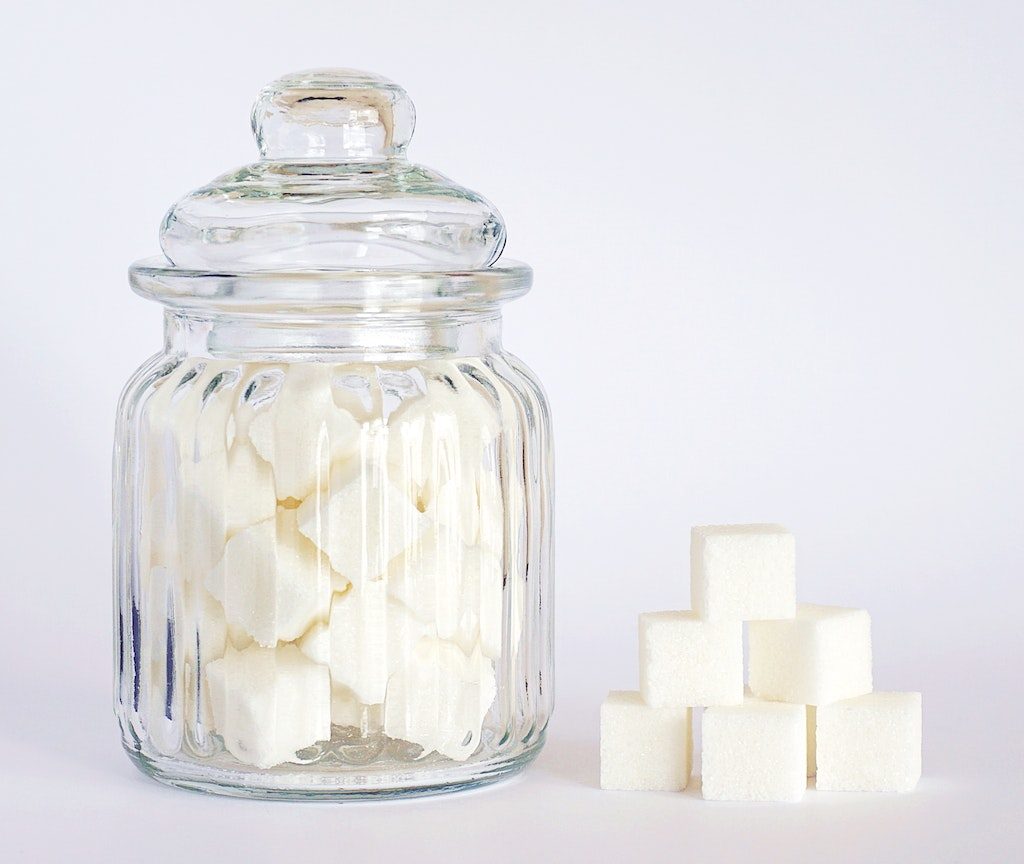
Medications
Many medications that are safe for humans can be toxic to cats. Painkillers like acetaminophen and ibuprofen can cause severe organ damage in cats. Always consult your veterinarian before administering any medication to your cat to ensure their safety and prevent potential harm. It is important to follow the prescribed dosage and never give your cat medication intended for human use.
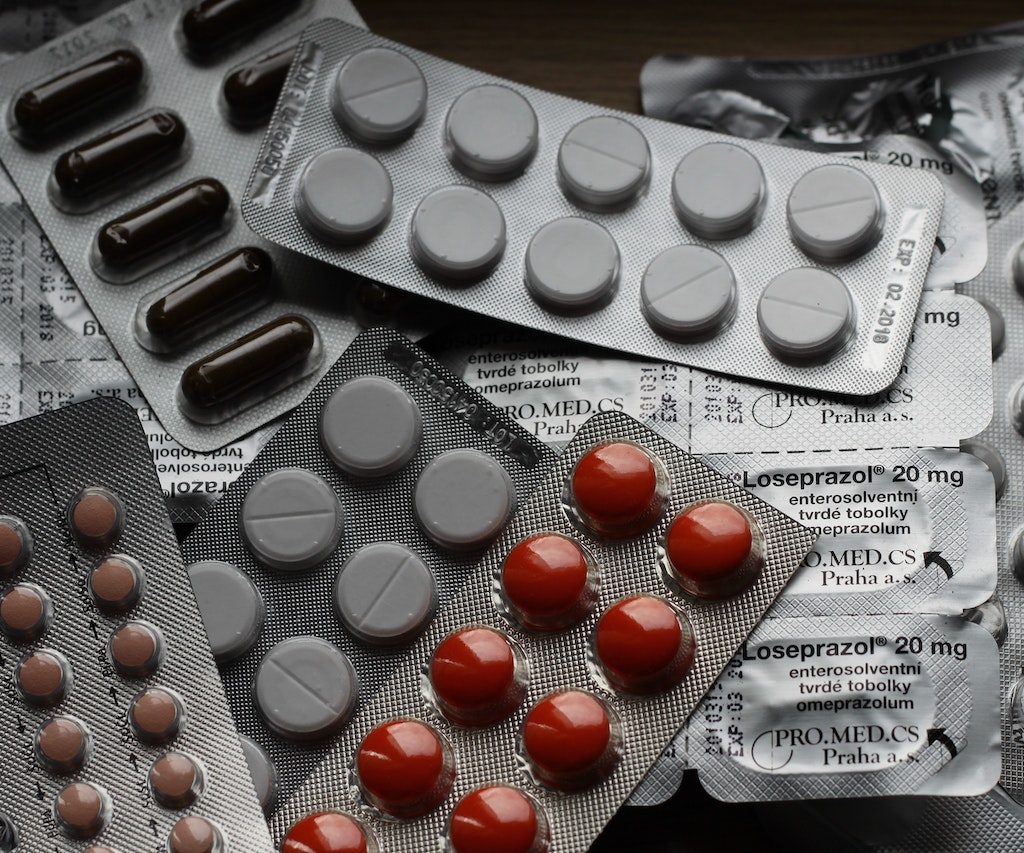
Lilies
Several species of lilies, including Easter lilies, tiger lilies, and daylilies, can be highly toxic to cats. Even small amounts of ingestion can lead to kidney failure. Look out for symptoms such as vomiting, loss of appetite, lethargy, and dehydration. To protect your cat, it is crucial to keep lilies away from their environment, both indoors and outdoors. If you suspect your cat has ingested any part of a lily plant, seek immediate veterinary attention.
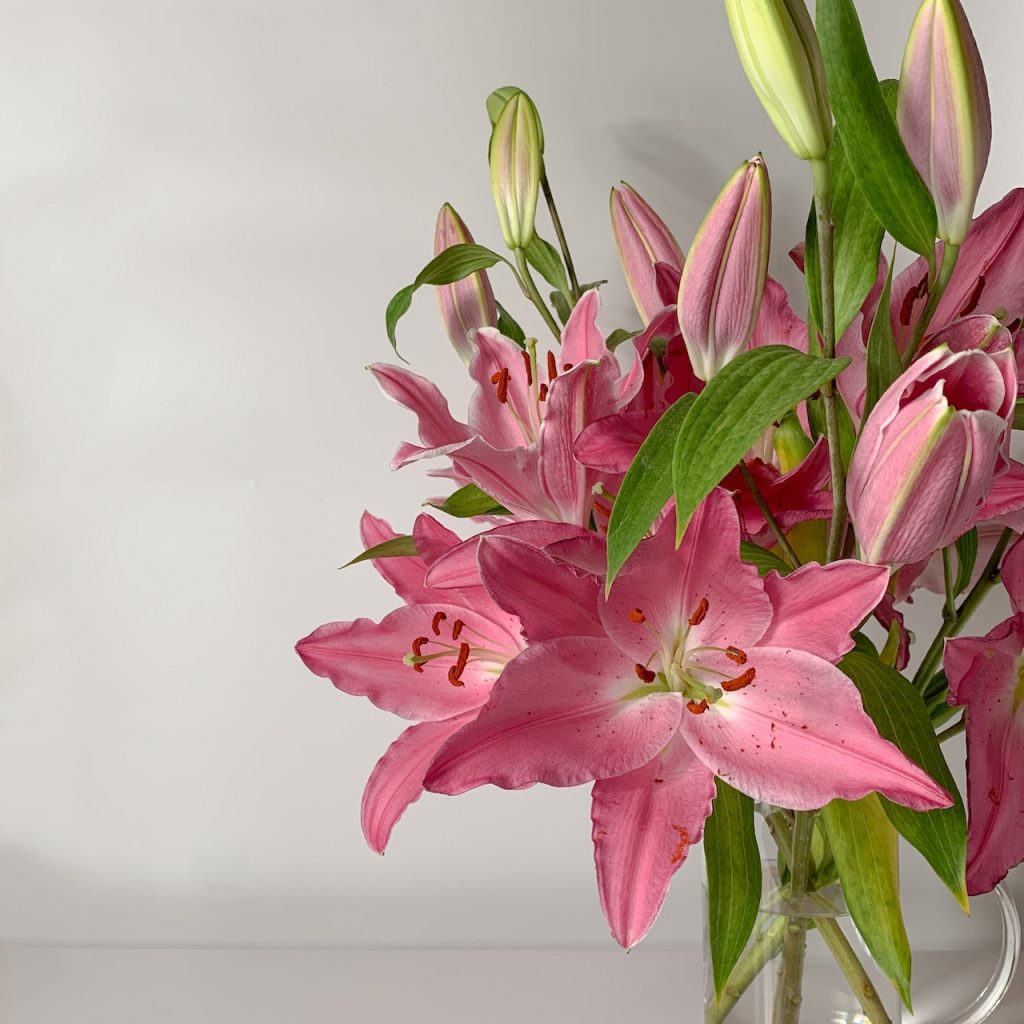
Raw Meat and Fish
Although cats are carnivores, raw meat and fish can harbor harmful bacteria and parasites. To prevent food poisoning and other infections, it is essential to thoroughly cook all meat and fish before feeding them to your cat. This precaution ensures the elimination of potential pathogens and promotes the overall safety and well-being of your cat.
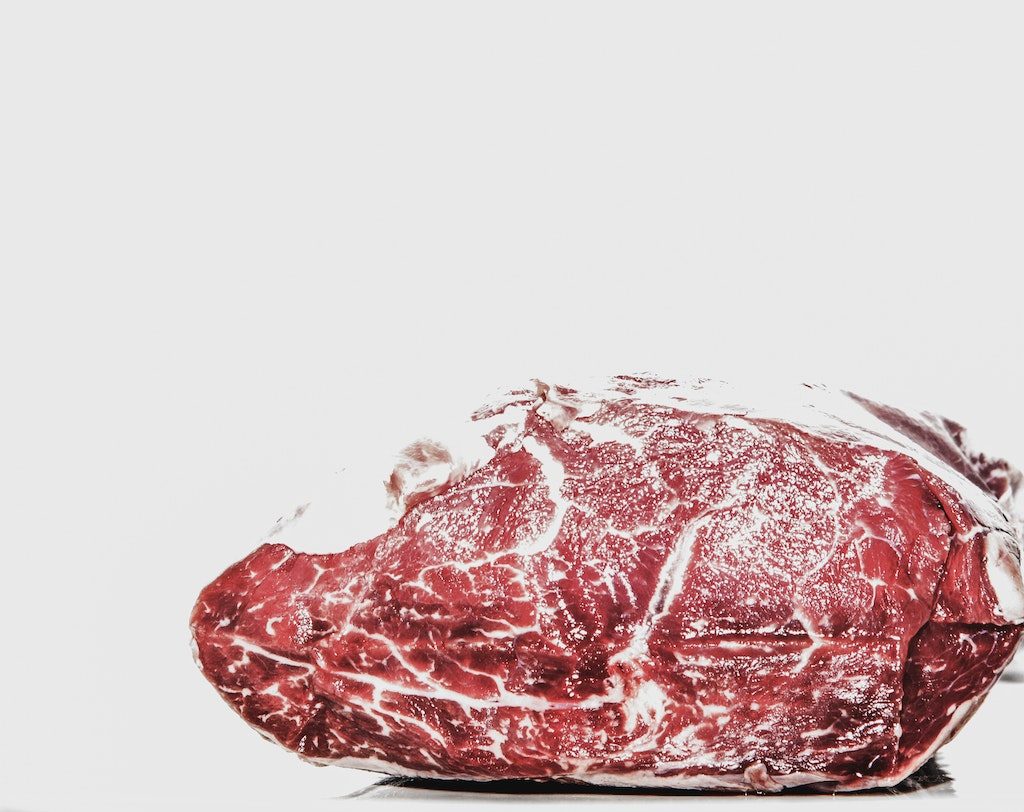
Milk and Dairy Products
Contrary to popular belief, most adult cats are lactose intolerant. Consuming milk and dairy products can lead to gastrointestinal upset, including diarrhea and stomach discomfort. If you wish to treat your cat with dairy-like products, opt for specially formulated cat milk or lactose-free alternatives. These options provide a safer alternative and help avoid any digestive issues, ensuring your cat remains healthy and content.
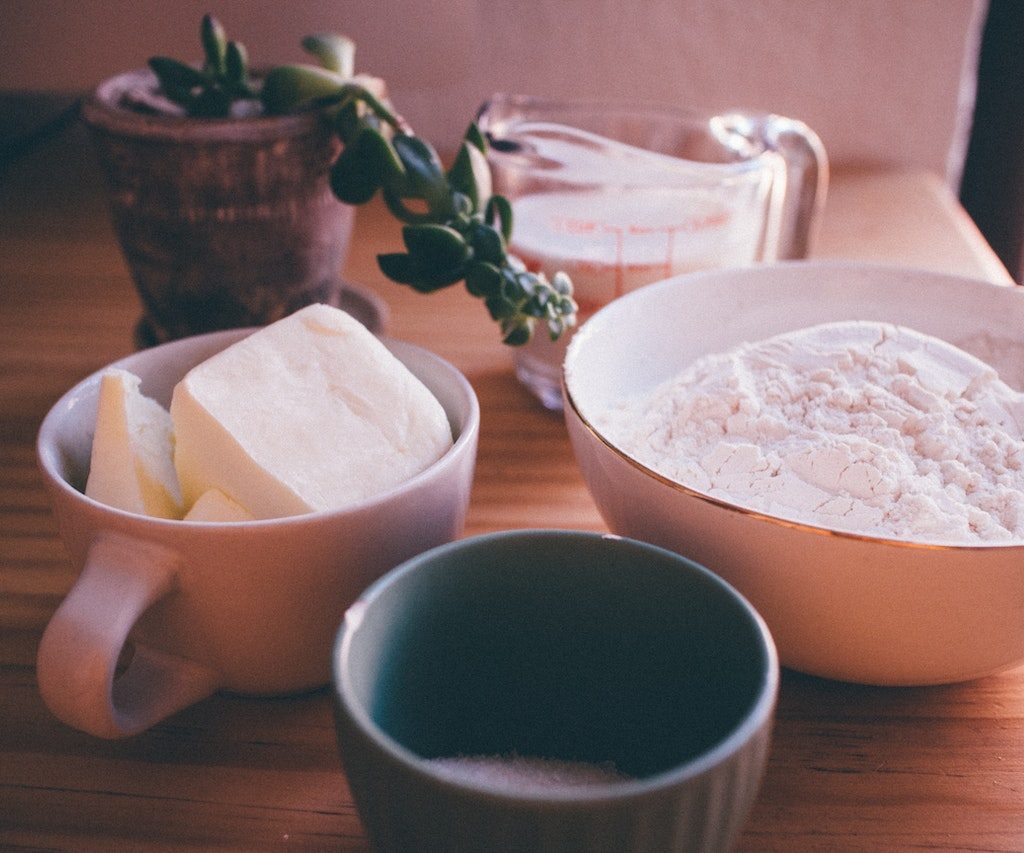
By being aware of these ten harmful items and taking the necessary precautions, you can ensure the well-being and safety of your feline friend. Remember, when in doubt, always consult your veterinarian for professional advice regarding your cat’s dietary needs and potential hazards to avoid.
Ending Thoughts
In conclusion, it’s crucial to be aware of the harmful items that should never be part of a cat’s diet. By understanding the risks associated with chocolate, onions, garlic, grapes, raisins, caffeine, alcohol, xylitol, certain medications, lilies, raw meat and fish, and dairy products, we can take the necessary precautions to keep our cats safe. By making informed choices and avoiding these substances, we can protect our feline companions and ensure their well-being. Let’s prioritize our cats’ health by providing them with a safe and suitable diet, and creating a nurturing environment for them to thrive in.
